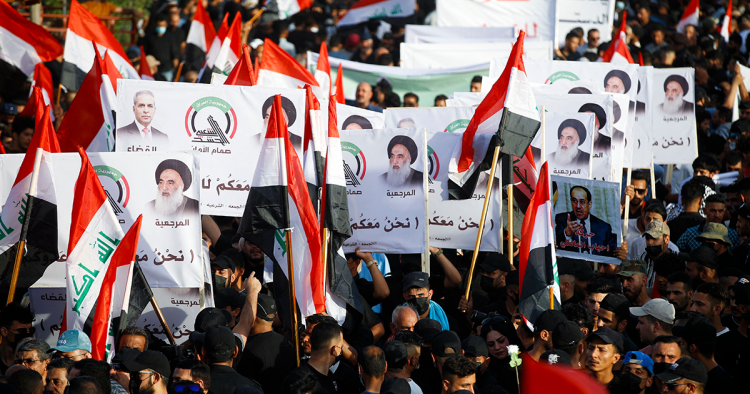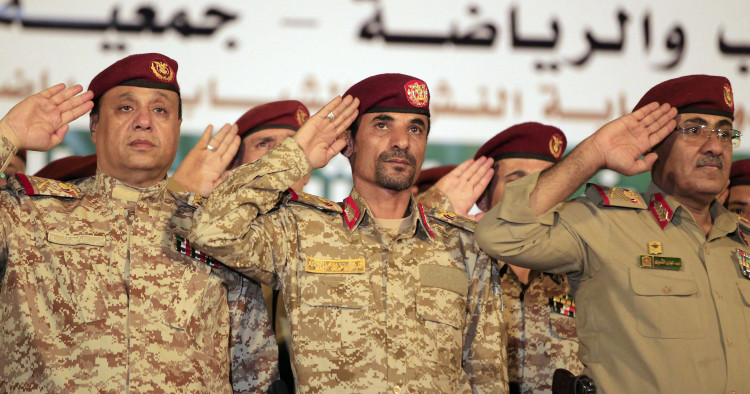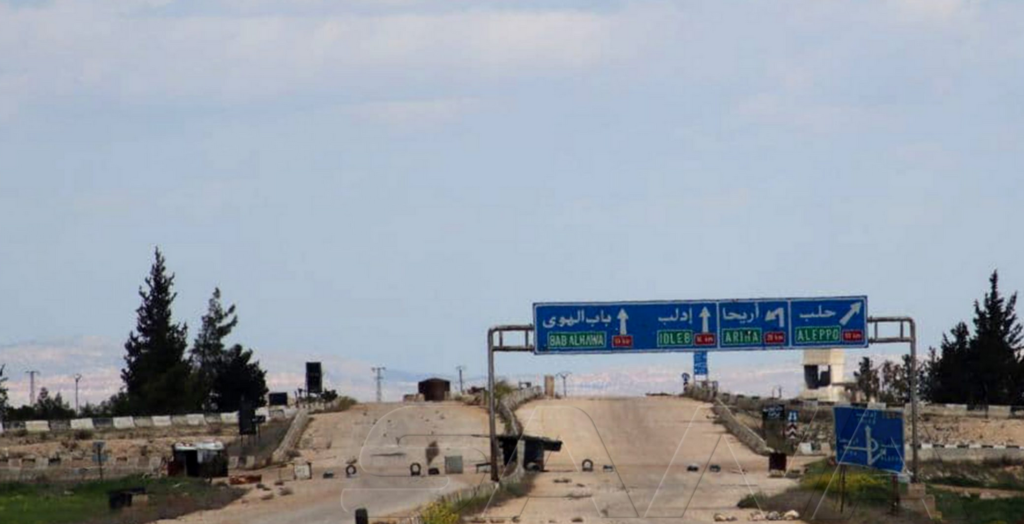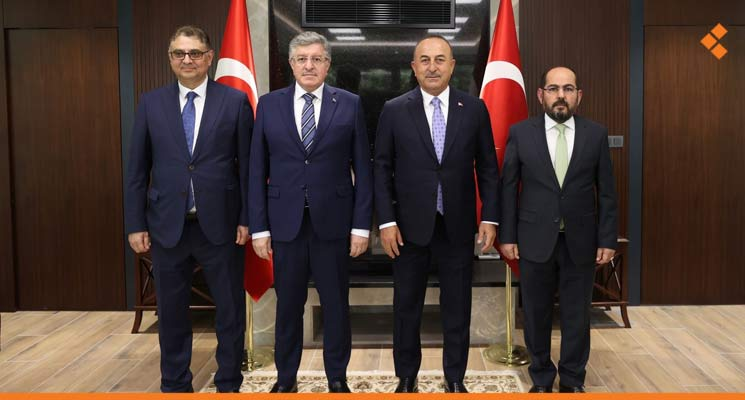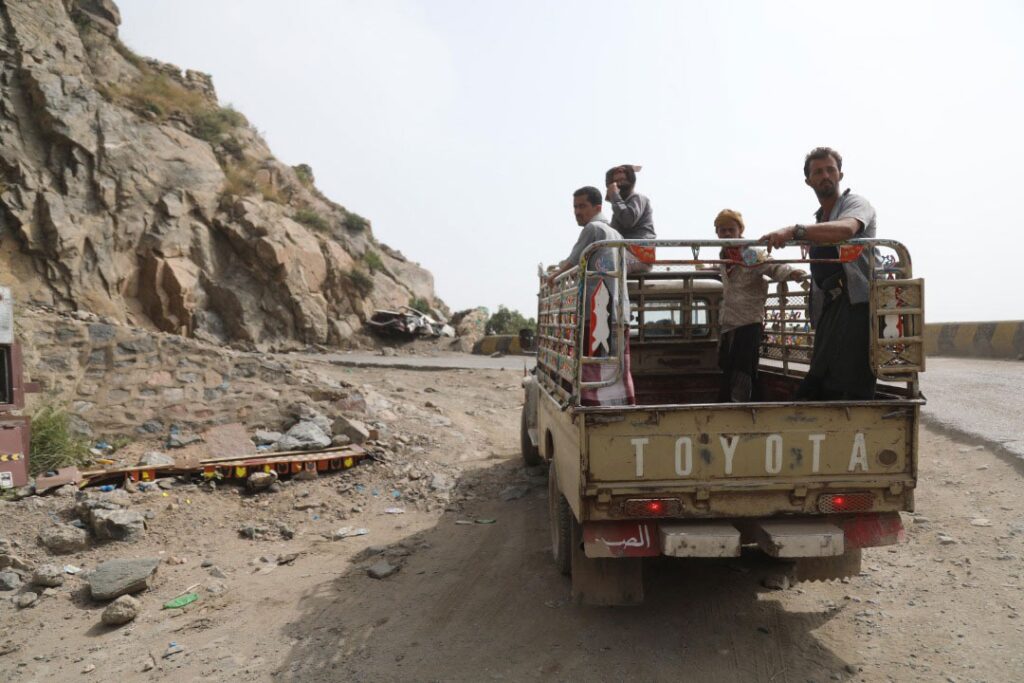Egypt ‘primary actor’ in next phase of East Med natural gas development
The Eastern Mediterranean gas play extends across the offshore areas of Lebanon, Israel, Palestine, Egypt, Cyprus and, by its own insistence, even Turkey. The next phase of commercial development is incredibly complicated given the interplay of petroleum geology, national policies and regional politics, competing energy markets (local gas versus global LNG), existing infrastructure and corporate strategies.

